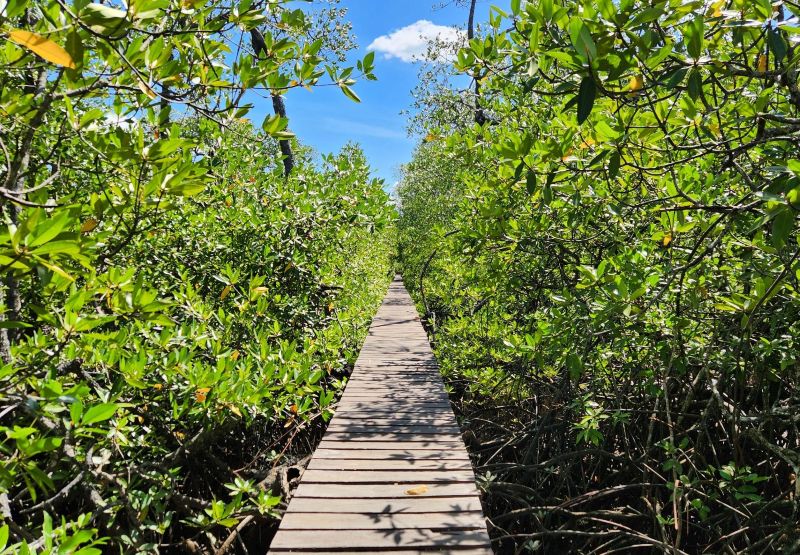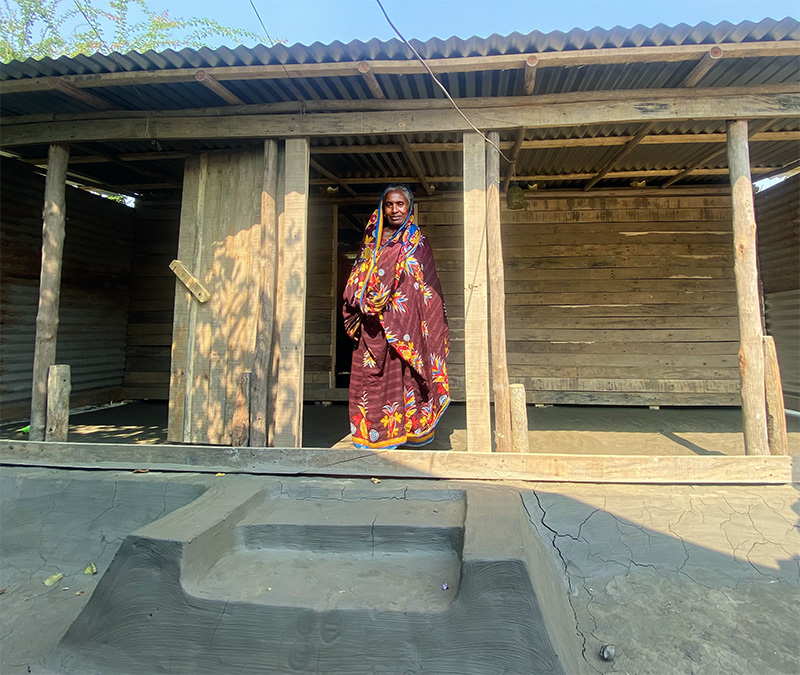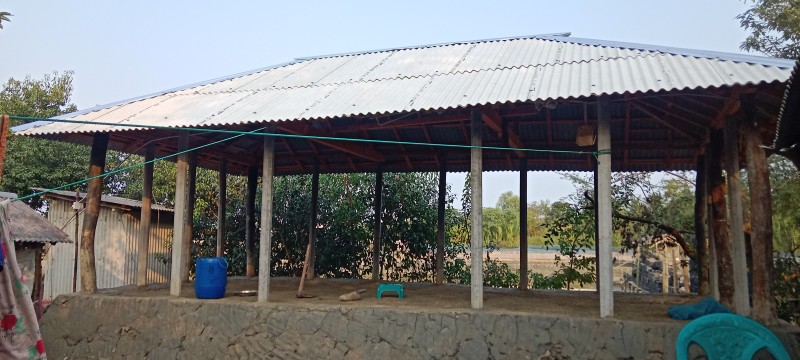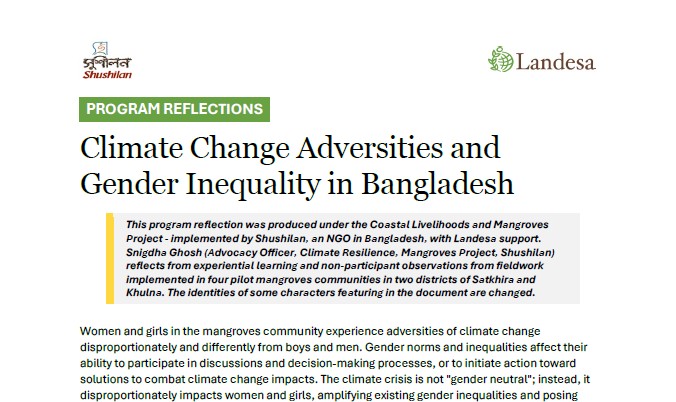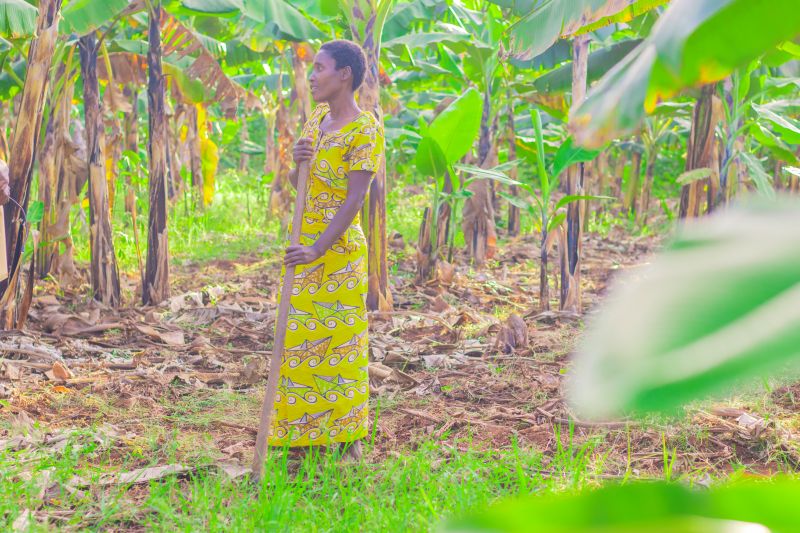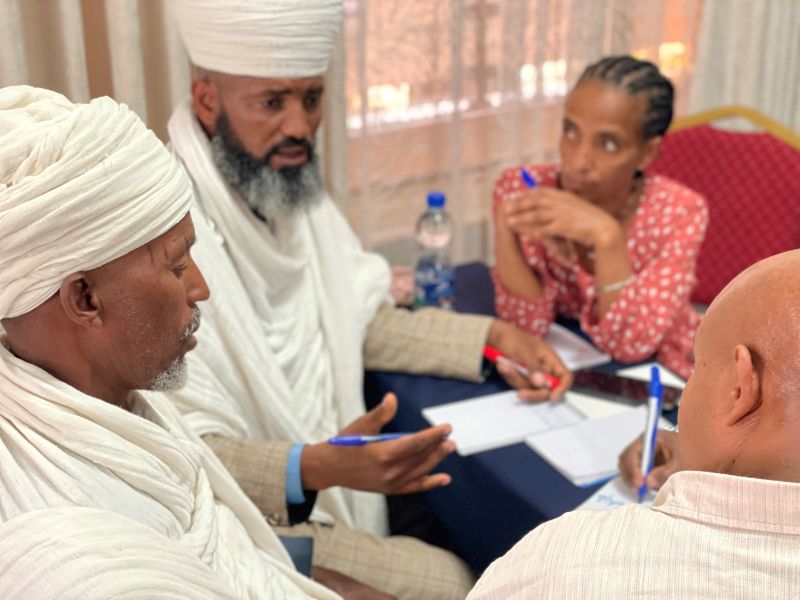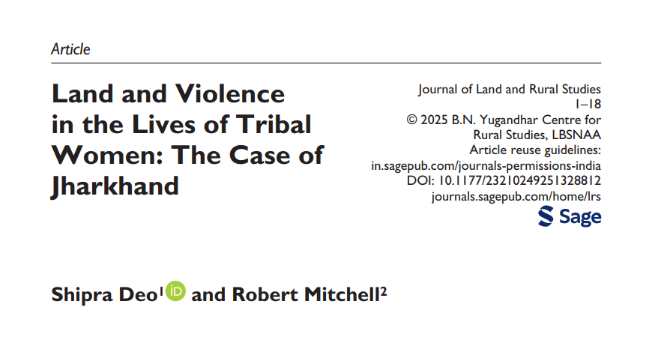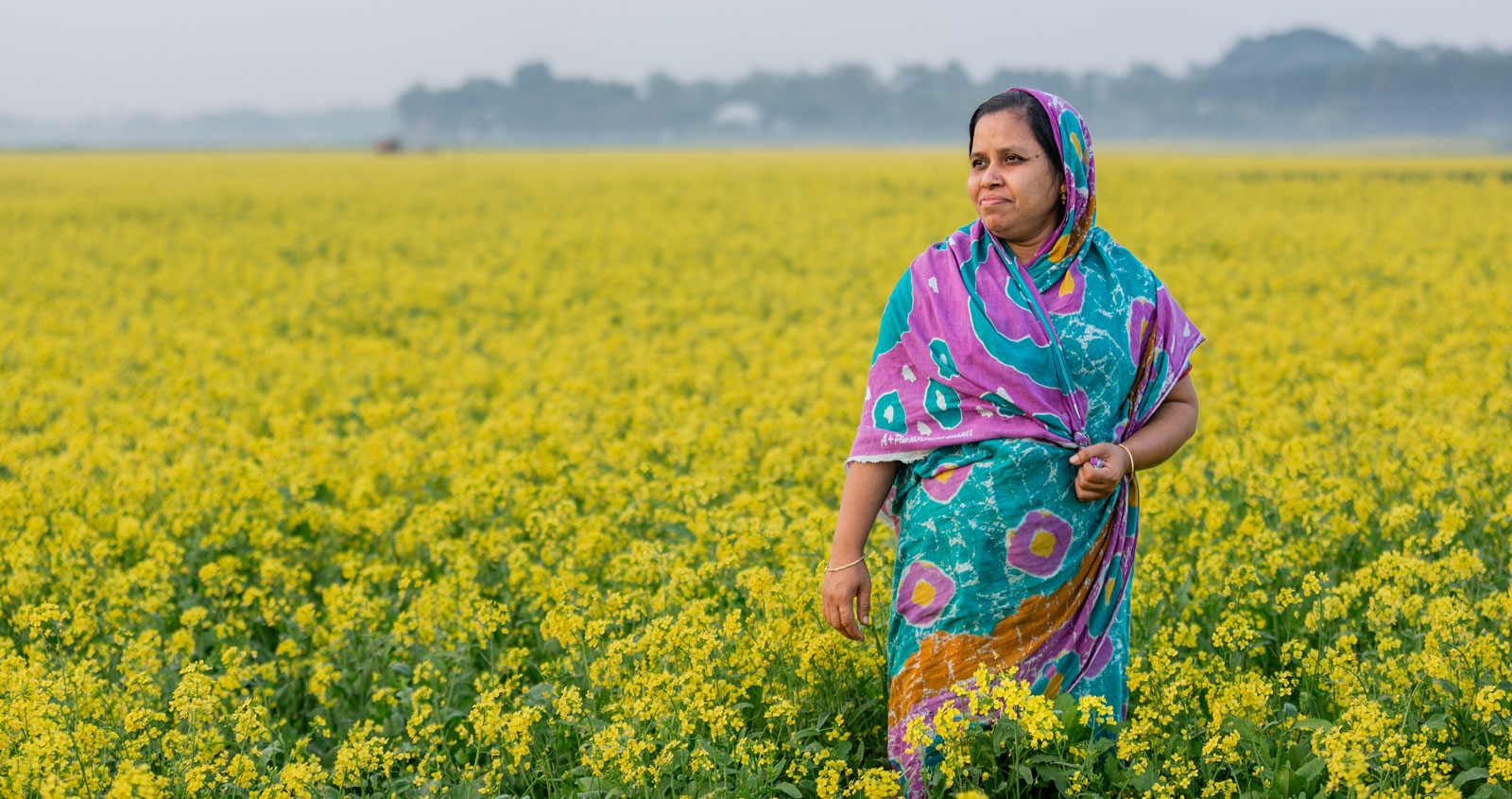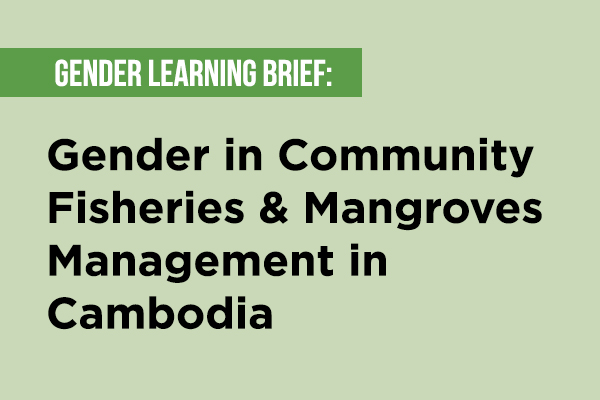Showing 201 results
Integrating Mangrove Ecosystem Valuation, Land Certification, and Gender Inclusion in Nusantara Capital City
Landesa’s new study demonstrates how Indonesia’s intended new capital city can showcase integrated and inclusive tenure security and coastal management
Strong Roots, Stronger Futures: Momtaz Rebuilds with Hope
Meet Momtaz Begum, a woman rebuilding hope in coastal Bangladesh by adapting her land and planting mangroves to protect her
From Challenge to Change: A Journey to Secure Land Rights
After decades without secure shelter, Naima and her family in Bangladesh’s Sundarbans gained legal access to land through a government
Climate Change Adversities and Gender Inequality in Bangladesh
This program reflection from the Coastal Livelihoods and Mangroves Project explores how gender norms shape women’s and girls’ experiences of
Restoring Dignity Through Land Rights: The Journey of Nyiramariza Gaudence
For a widow living with a disability, correcting her land boundaries was more than a technical process; it was a
“Heirs to the same grace”: Women’s Land Rights from the perspective of Ethiopian Christianity
This guide explores women’s land rights through the lens of Ethiopian Christianity, drawing on Biblical texts, legal frameworks, and field
Land and Violence in the Lives of Tribal Women: The Case of Jharkhand
Jharkhand leads India in witchcraft-related crimes, often tied to land disputes. This article examines how weak land rights expose tribal
Center for Women’s Land Rights
Center for Women’s Land Rights Goal: Achieve gender, economic, and climate justice via strong and gender-equitable land rights from grassroots
Linking Women’s Land Rights, Climate Action, and the UN Women Peace and Security Framework
A new Landesa report explores the interconnectedness of women’s land rights, climate action, and the Women, Peace & Security (WPS)
Gender Learning Brief: Gender in Community Fisheries & Mangroves Management in Cambodia
This Learning Brief, co-authored with Parliamentary Centre of Asia, highlights findings from a baseline survey and qualitative assessments Landesa’s local
